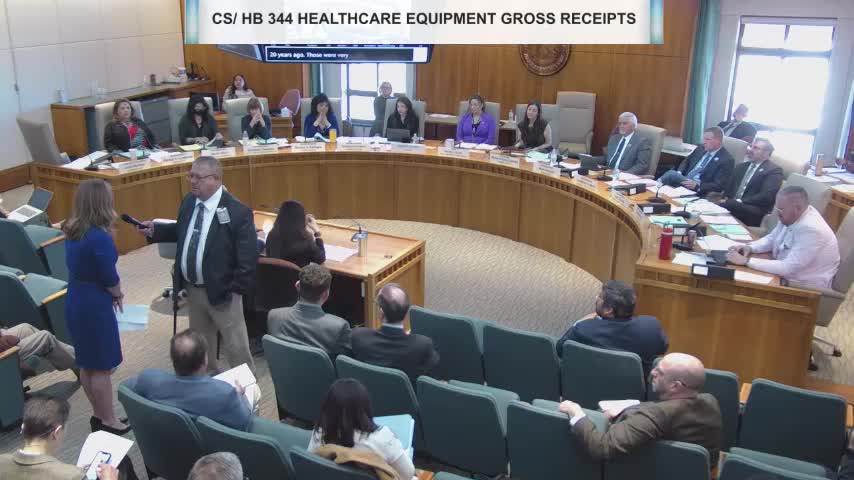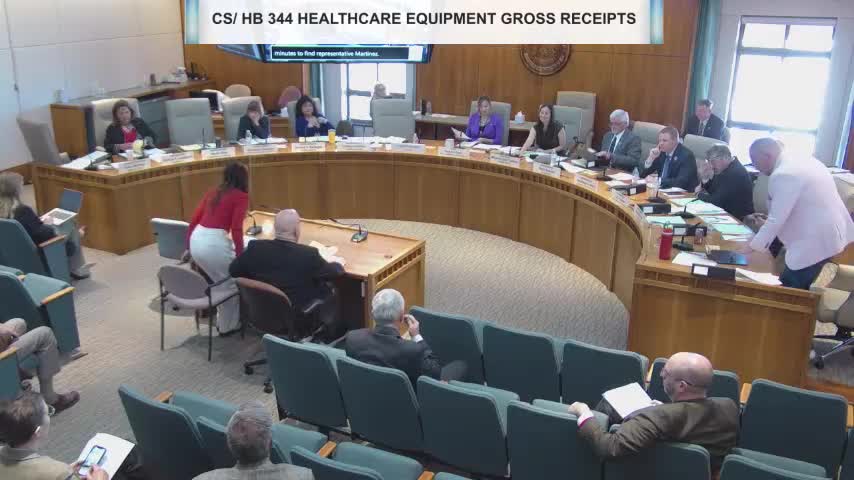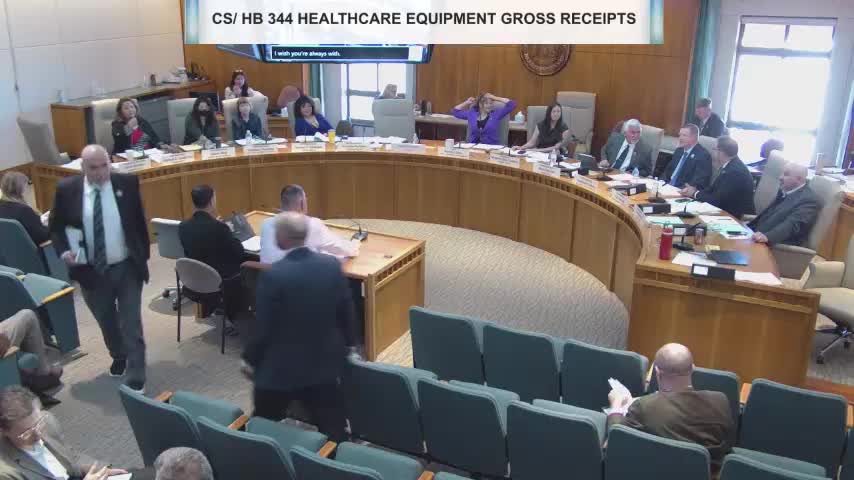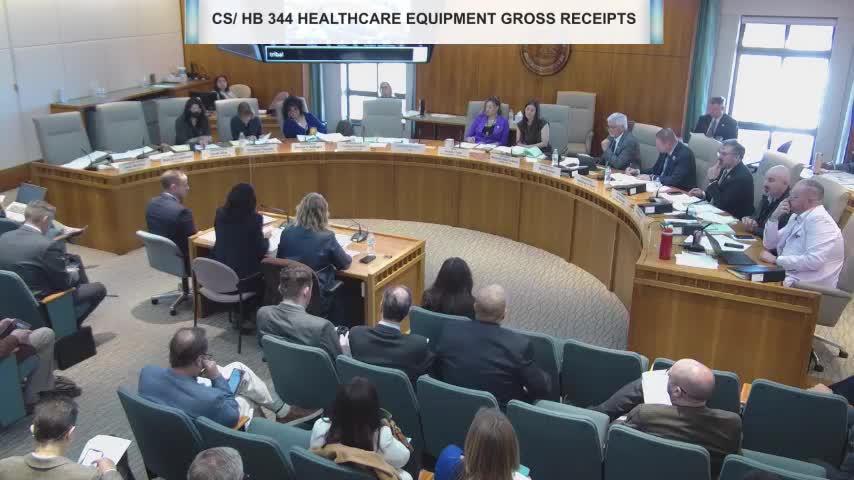Article not found
This article is no longer available. But don't worry—we've gathered other articles that discuss the same topic.

Committee hears testimony on HB325 to reduce GRT on new home construction; amendment adds sunset and FHA-linked cap, bill temporarily tabled

Committee approves HB494 to clarify veteran tax-exemption filing deadlines; bill given due pass

Committee clears technical fix to high-wage job tax credit (HB368) with no fiscal impact

